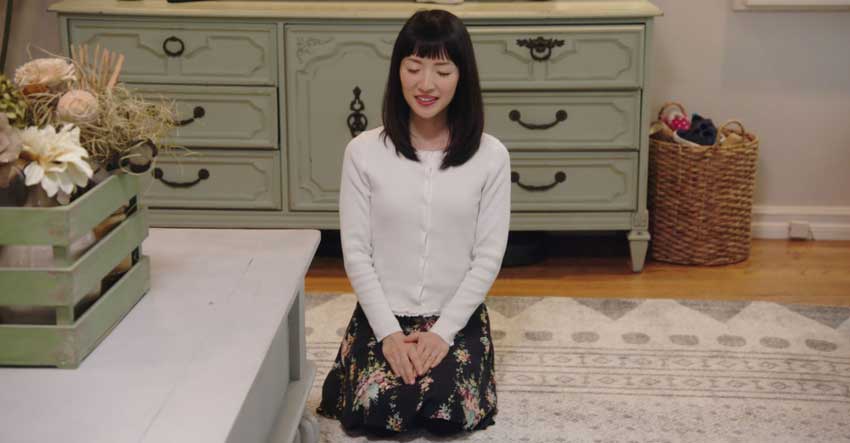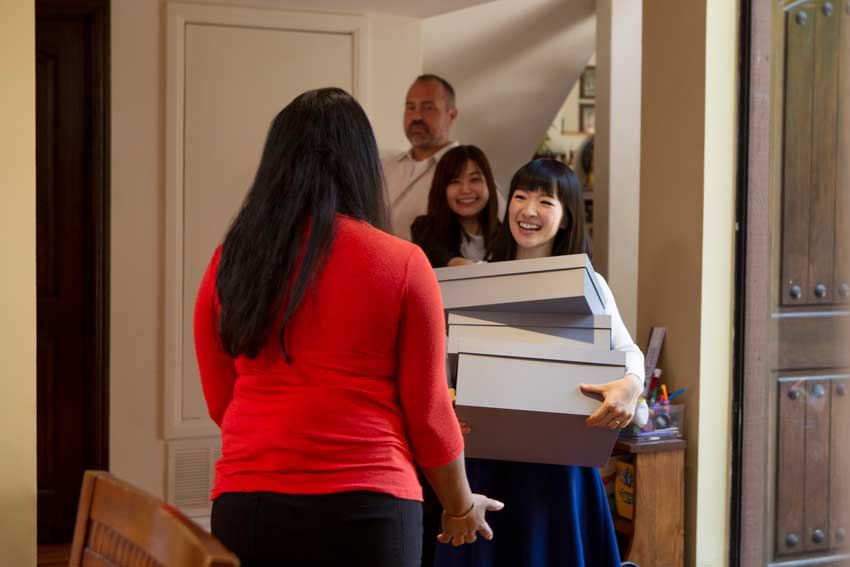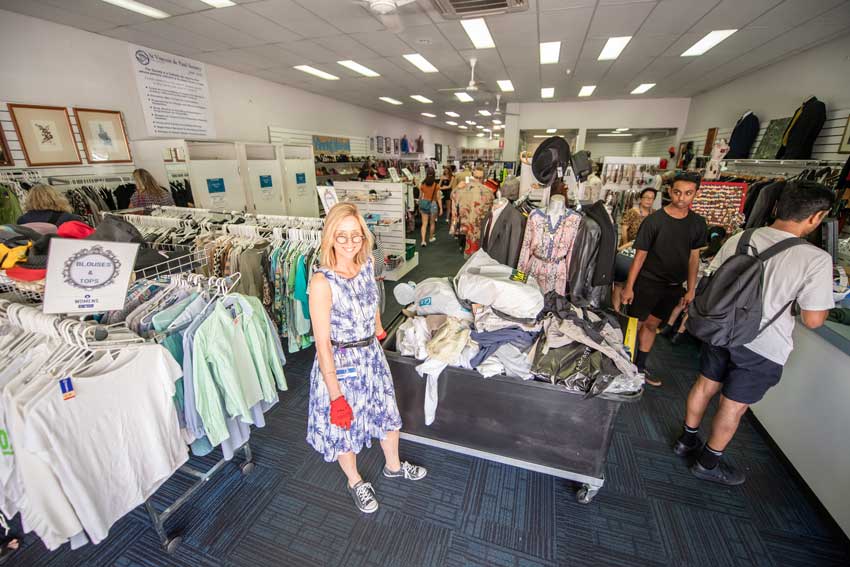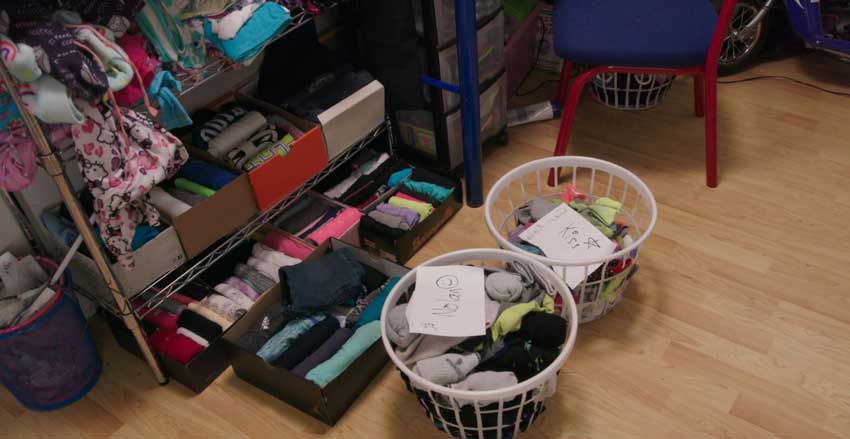
Marie Kondo, author of The Life-Changing Magic of Tidying Up, has a new show on Netflix. From what I understand, she goes into people’s houses and coos at them until they burst into cleansing tears and stuff their entire house, property, and children into a garbage bag, because they don’t spark joy.
As you may know, Kondo is a monster who wants you all to throw away all but 30 books (except she’s not). Marie Kondo is also a victim of casual but deeply hurtful racism (although if your audience overwhelmingly misunderstands a show that’s made specifically for them, it’s possible the audience isn’t the problem). Or wait, maybe she’s a figurehead for the minimalist elitism that blinds so many to the plight of the poor!
Or, who cares? Not the person with two thumbs and half her Christmas decorations still rolling around under the dining room table, that’s who.
But one good thing about the “let’s all get upset about some Japanese stranger” phenomenon is that it’s sparked a secondary question which I do find interesting, and that’s the question of what to do with all that stuff you’ve decided to divest yourself of.

Say you have been inspired by Kondo’s magical example and you’re going to be getting rid of bags and bags of stuff. What will you do with them? Throw them away, just because you want to be a better person? That’s bad for the environment; and it’s also selfish. Kondo encourages you to shed the things that you can easily do without; but you’re not everyone. Maybe some poor person would love to have what you can’t wait to get rid of.
See related article: Marilyn Rodrigues: The beauty of home and a decluttered heart
Or would they? If they don’t spark joy for you, does that mean they won’t spark joy for anyone? Do poor people who live off donations even really need joy, or what?
One lovely essay I recently read reminds us that people who live off donations really do need joy, and are quite possibly running a far bigger joy deficit than, say, a middle class housewife whose feels bad about how many couch pillows she owns.
The author writes about how, when she was a child, she and her single mom had run out of potatoes to eat, so they went to a neighbour to ask if they could have a cabbage she noticed growing uneaten in their yard.
Instead, the woman, a complete stranger, packed up the entire meal she and her husband had just sat down to eat, and handed it over to the hungry mother and child. Then they helped the mom find a job, and helped with childcare while she worked.

In short, they treated the family in need not just like a hunger situation requiring nutrition, but like people, people whose needs and desires were equally important as their own. This response not only fed them physically, it restored some sense of dignity — which is something poor people are starving for. The author says:
“When you give the best you have to someone in need, it translates into something much deeper to the receiver. It means that they are worthy.”
So this brings me back to my original question, of how we can tell if we’re monsters or saints when we give our things to the poor. It’s really simple: We can ask them.
See related article: Marie Kondo effect flows to Catholic charity
Poor people never get asked what they want. They don’t get asked if they’d rather have this or that; they don’t get asked if they’d rather have it here or there; they don’t get asked if it will make more or less trouble for them to get it then or later. Poor people are simply seen as deficits, as have-nots, and it doesn’t occur to the wealthy that there is more to them than their need.

But when we give them a choice — even a very basic choice, like “Do you want this, or would you rather I give it to someone else?” — we are giving them more than the actual goods in question. We are giving them the gift of saying they’re worthy of having preferences. We can treat them as something other than a deficit, but as someone with a whole life, with tastes, with preferences, with time that’s worth not wasting, with space that looks just as bad when it’s cluttered as a rich person’s space does. Maybe they desperately want the thing that you can’t wait to get rid of. But maybe they don’t.
So if you do have bags and bags to unload, and you’re nervously wondering if it’s helpful or insulting, gracious or condescending, potentially sparking joy or possibly causing consternation to give them to someone who’s needier than you? Do the most human thing of all and ask. Ask what they’d like, and respond graciously, no matter what the answer.
Things, or the lack thereof, cannot by themselves restore or prevent joy; but treating a poor person like a human being? There’s your real chance to spark some joy.
